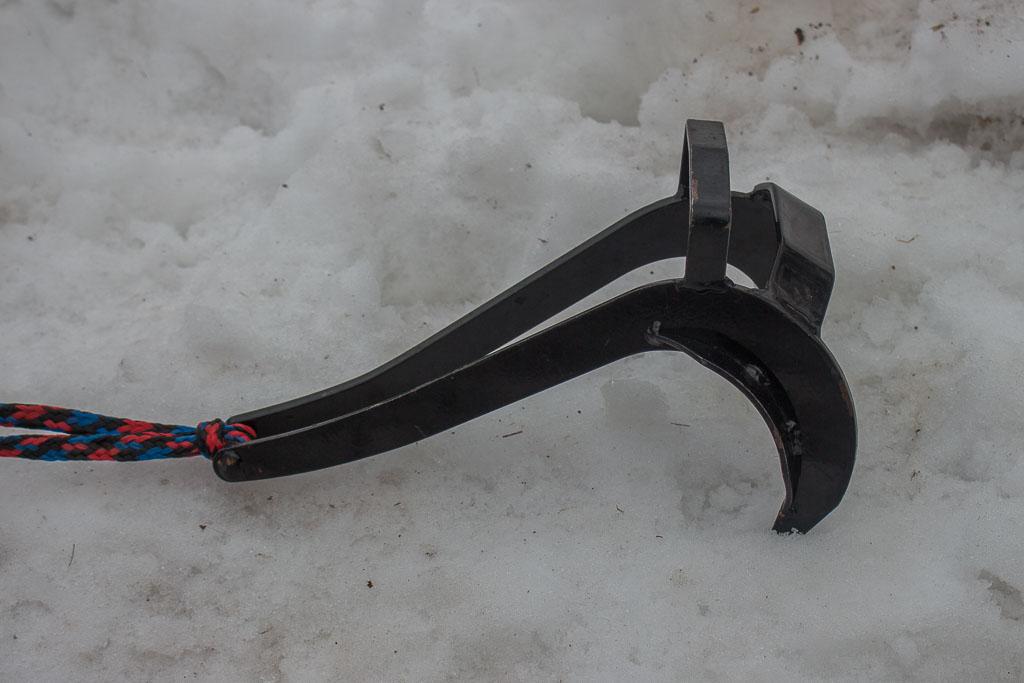

It follows, therefore, that whenever the particular circumstances, the risk, or other elements in the case are such that a reasonable man would not conform to the custom, the actor may be found negligent in conforming to it and whenever a reasonable man would depart from the custom, the actor may be found not to be negligent in so departing.Ĭ. If the only test is to be what has always been done, no one will ever have any great incentive to make any progress in the direction of safety. No group of individuals and no industry or trade can be permitted, by adopting careless and slipshod methods to save time, effort, or money, to set its own uncontrolled standard at the expense of the rest of the community. 1964) Restatement (Second) of Torts § 295A, comment c (1965).

Prosser, Law of Torts § 33 at 168-69 (3rd ed. Occupational Safety Health Review Comm'n, 583 F.2d 1364, 1370 (5th Cir. "hat ought to be done is fixed by a standard of reasonable prudence, whether it usually is complied with or not." Texas Pac. t remains for you to determine, from all of the evidence, whether the method being used at the time of plaintiff's injury was in fact reasonably safe. The fact that a defendant conducted its operations in a manner similar to used by other companies is relevant to your consideration of its negligence, but that fact is not conclusive as to whether or not was guilty of negligence. On the issue of whether Noble's procedure was necessarily reasonably safe because the industry commonly ran casing in the same manner, the court instructed the jury as follows:.The contention merits no further discussion. In admiralty, prejudgment interest is the rule rather than the exception.
Tong snub line trial#


 0 kommentar(er)
0 kommentar(er)
